Milwaukee County leaders discuss new options to rehabilitate juvenile offenders
MILWAUKEE -- Milwaukee County leaders spent time Monday, October 24th, discussing how best to rehabilitate juvenile offenders. The Milwaukee County Delinquency & Court Services Division (DCSD) held an informational meeting about a new residential treatment model for troubled youth. They brought in an expert to explain what kind of options, other than a juvenile prison, are out there.
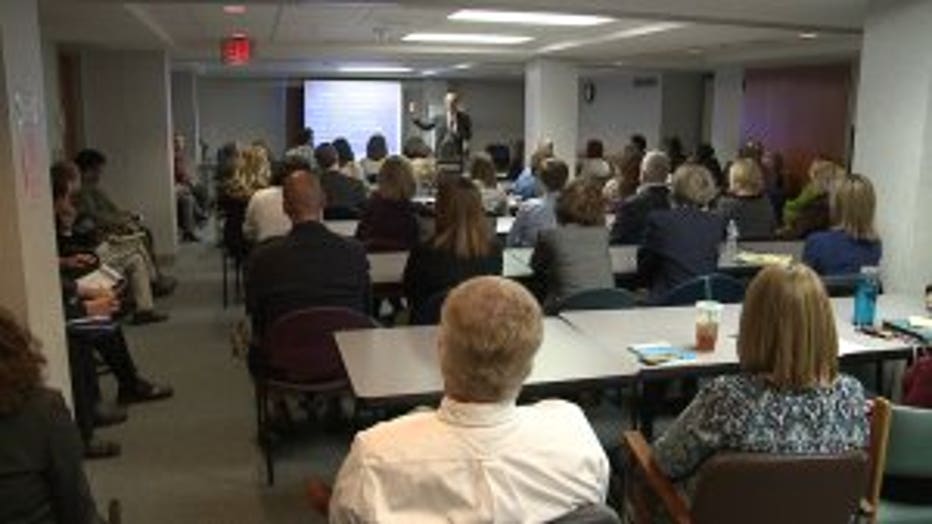
The county is looking at developing a "Type II Residential Treatment Program" -- and with it, the idea of a facility.
The goal would be to provide an alternative placement to juvenile prison.
In a packed room, everyone from judges to school officials listened to what could be the future of the county's juvenile offender program.
The county brought in an expert from Seattle, Washington, to explain what's called "The Integrated Treatment Model."
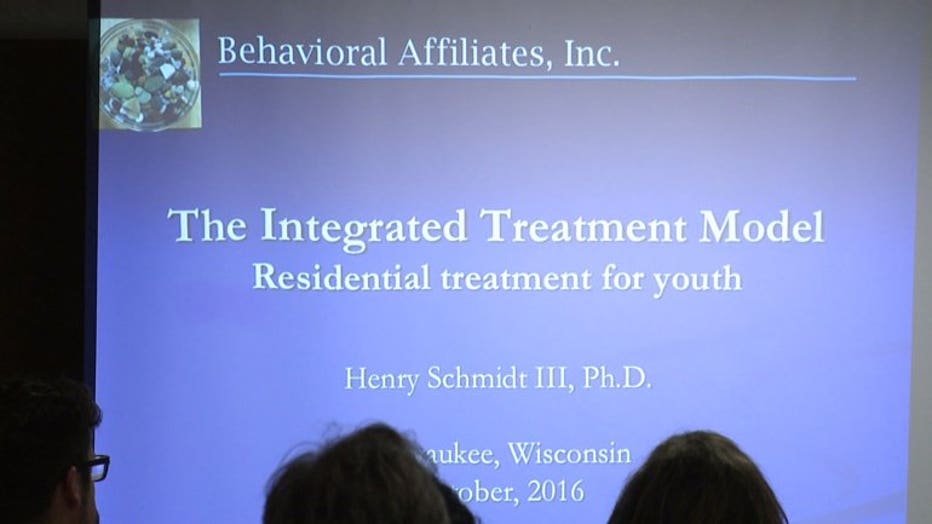
"We're working with clients who typically have behaviors that are considered really sort of out of control -- and we what we want to do is first understand that behavior and want to help them find different ways -- help them find different ways of solving the same problem," said Dr. Henry Schmidt, psychologist with Behavioral Affiliates.
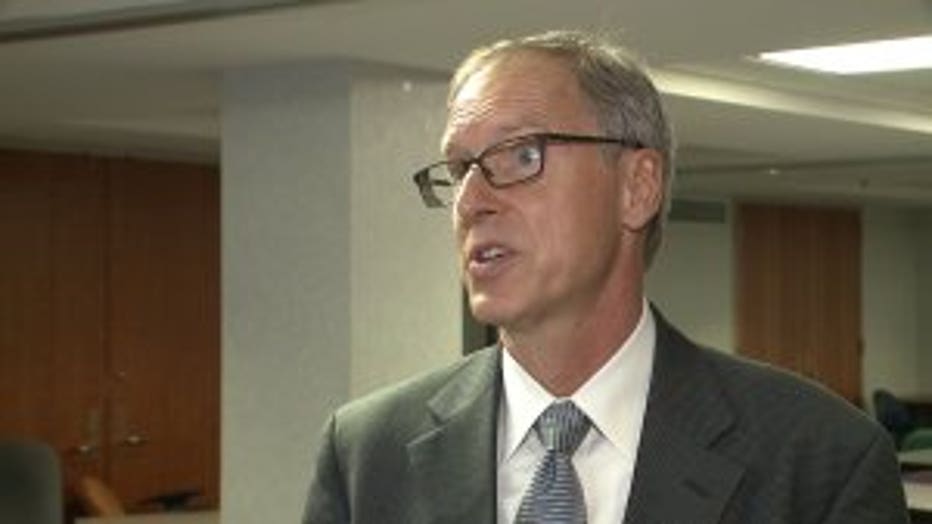
Dr. Henry Schmidt
Dr. Schmidt said the concept is successful and is being used in communities around the world.
"Cognitive behavioral therapy has the best evidence of any model out there -- so in the sense that that's been effective for other clients, I don't see any reason why it won't be effective here," said Dr. Schmidt.
There are plans to use this model for a new juvenile residential treatment facility in Milwaukee County.
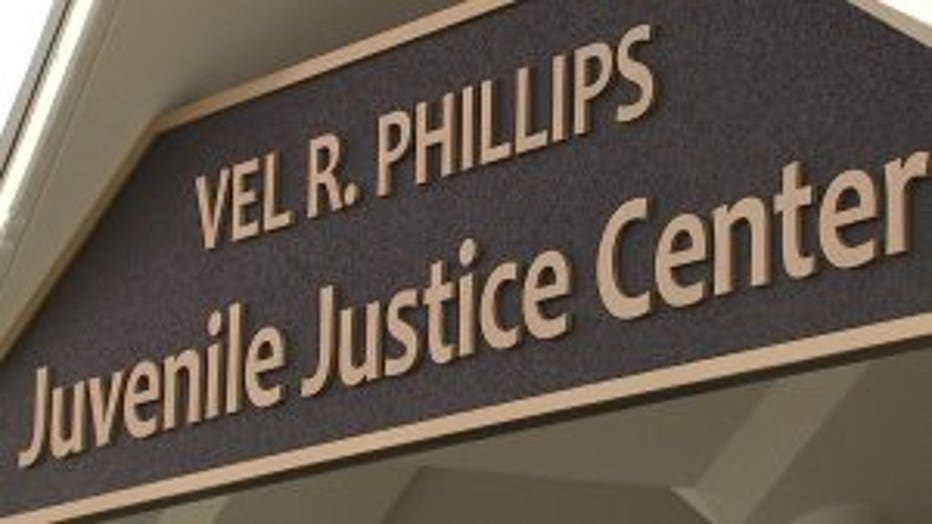
"It's important to have an array of treatment availability for youth -- depending on their needs," said Delinquency & Court Services Division Administrator Mark Mertens.
County leaders said this future facility is a must after witnessing poor treatment of youth offenders at Lincoln Hills, and overcrowding at the Juvenile Justice Center.
"We see that by developing the capacity for a residential program within our continuum, it will allow us to eventually reduce our population of youth in secure settings," said Mertens.
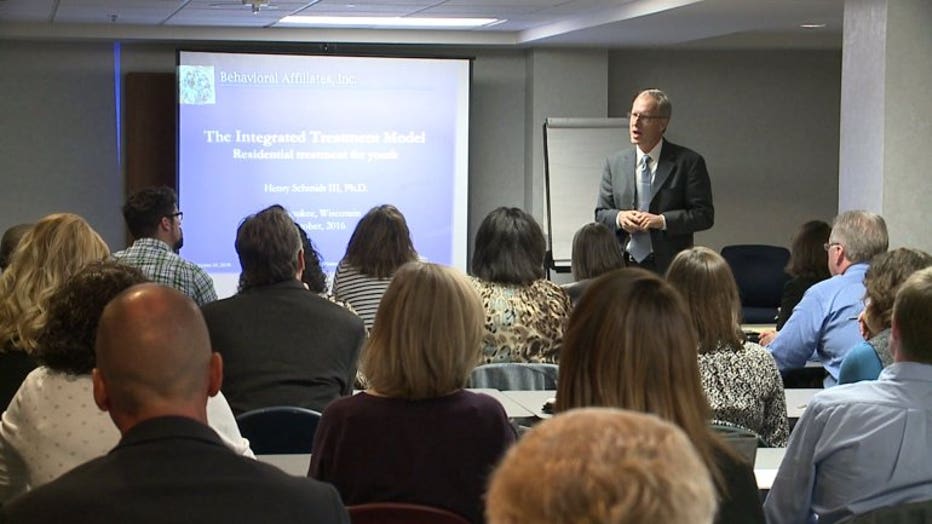
The idea of building a facility has not yet been approved by the Milwaukee County Board. So, specifics like where such a facility would be built, or how many juveniles it could help at any one time are still questions that need to be sorted out.

